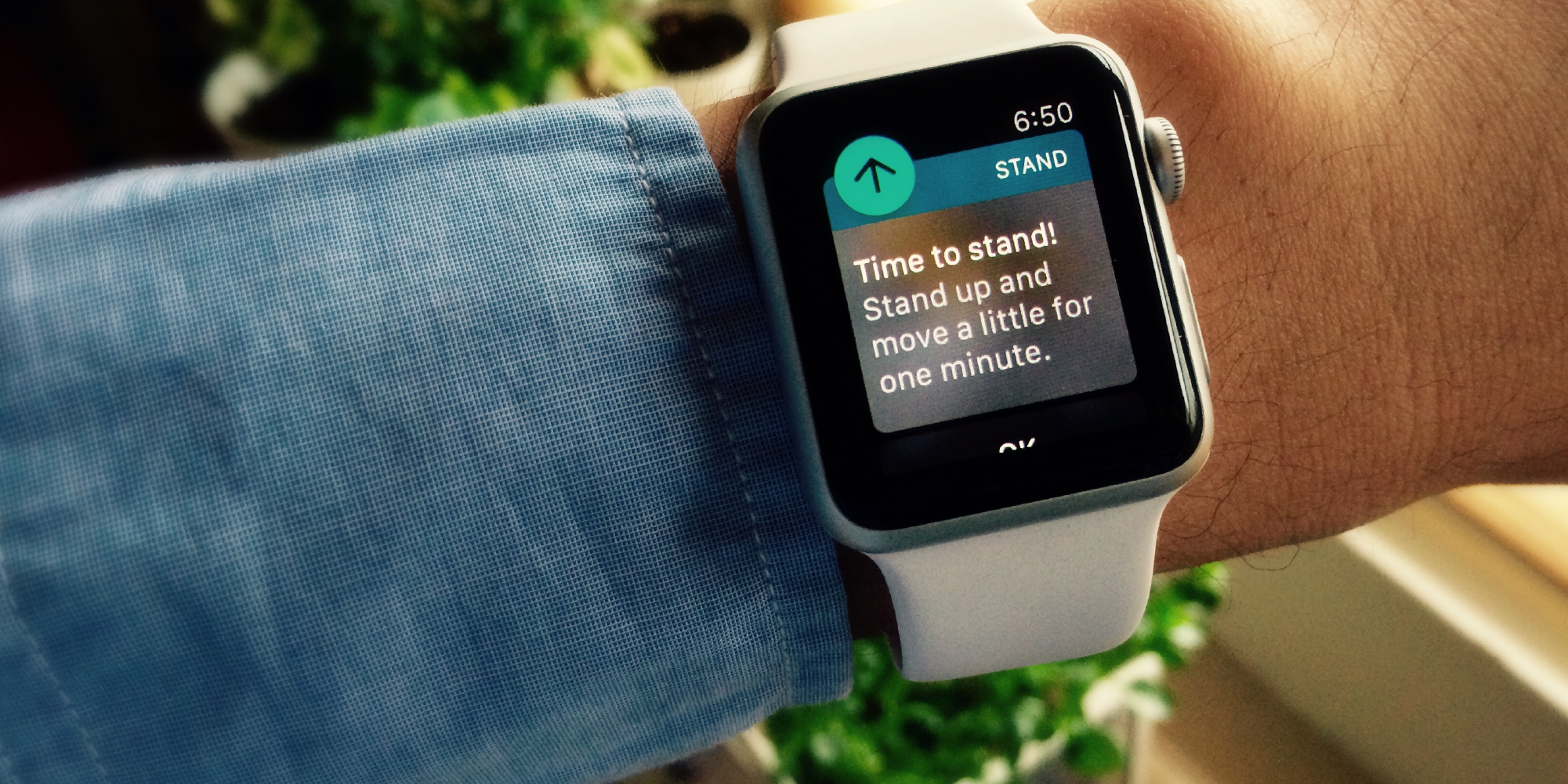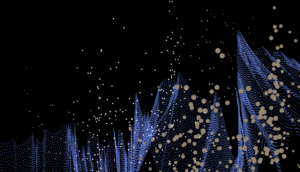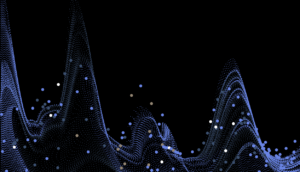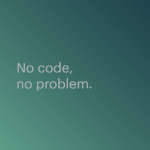
post
May 14, 2020
HBR | Can AI Nudge Us to Make Better Choices?
Nudge theory suggests that simple nudges can really impact human behavior.
Whether we like to admit it or not. we often build relationships with technology – be it apps, your email account, favorite websites. They can trigger both negative and positive behaviors and reactions from us, and research shows that our behavior is more predictable than we think. The fields of behavioral science and machine learning are coming together to explore how users will react to different conversational AI experiences.
One simple way they can do that is by applying nudge theory to conversational AI. Nudge theory suggests that simple nudges can really impact human behavior. Research shows that applying nudge theory to conversational applications has significantly impacted people’s behavior.
OneReach.ai worked with Stanford University to test how nudge theory changed the behavior of parents who are teaching their kids to read. They tested a variety of channels, message content, cadences and times to find the “golden path” to helping parents succeed at teaching their children how to read. In this case, the children of the parents who received these “nudges” from a conversational AI applications were at a significantly higher reading level than children of parents who did not receive the messages.
This experiment proved that simple nudges coming from a conversational application can really effect outcomes and change human behavior patterns. Another example is Mindletica, which is a conversational tutoring system for students in grades 6 to 11.
HBR’s article Can AI Nudge Us to Make Better Choices? suggests that with proper A/B testing to maximize responses and engagement, these algorithms can “be enhanced to determine the type of decision to be made and the tendency of users to respond and make better choices. For example, decisions that need more thought could be presented at a time when the decision maker has more time to think — either through prediction or by the user’s scheduling.”
Read the full article from HBR to learn more about how nudge theory can be applied to AI.
Stay up to date
Latest Articles




